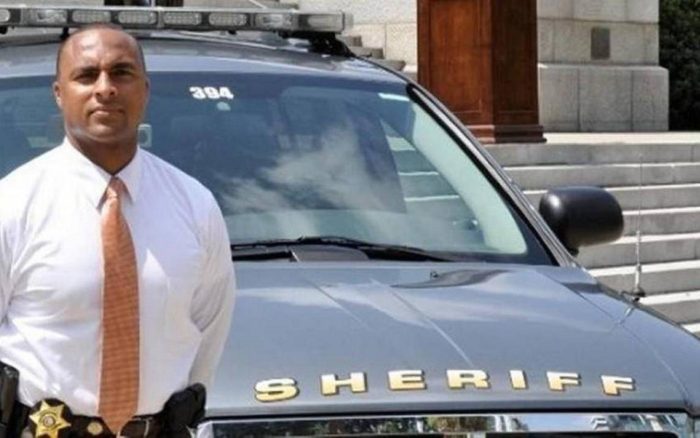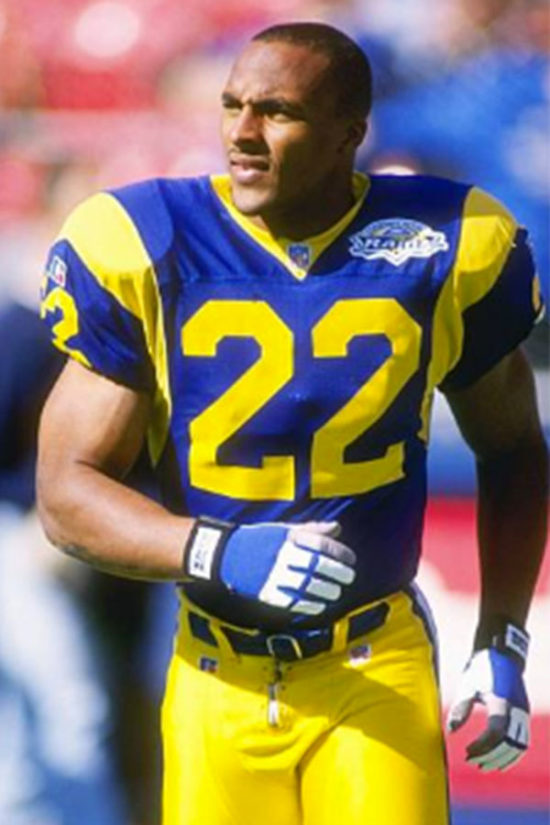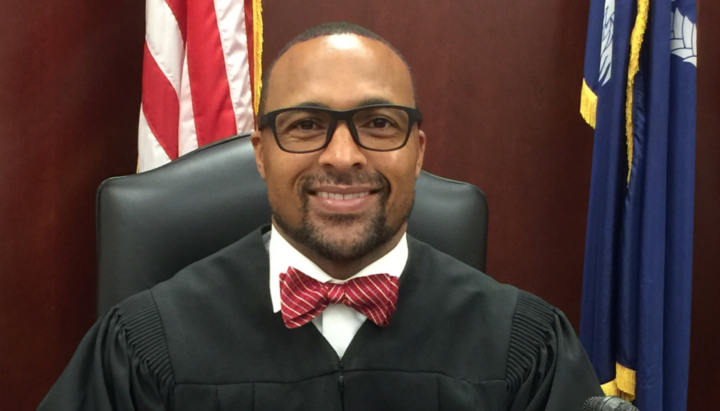I wanted to own my own business, be my own boss. I believe the majority of players think similarly. After my official retirement date, I felt that things did not go as smoothly as I planned.
It’s like drawing plays and diagrams, everything looks good on paper, but when you have to execute it, it doesn’t look as great as you thought it would. When I retired there was a major struggle over what the next step was, what I was going to do. Another portion of it was, “How does this look to everyone else?” When I retired, I struggled over what to do next.
The NFL is the pinnacle of the sport of football. When you do retire, you find yourself wanting to do something with purpose and something that is meaningful. I wasn’t able to do that right away. As a former player, at times you can struggle with your identity. Although I never really had my identity in football, it was more about the purposefulness and meaningfulness of what you do next. I think it’s all in perspective on how you look at things.
After a period of time, I was contacted by a friend to see if I wanted to be a head football coach at a high school. I said yes; however, I didn’t know what all high school coaching entailed.
When I was asked to be the coach for the school, it didn’t look like the pretty school that I had envisioned. I had to drive my own school bus after many years of having police escorts to and from college and NFL games. And now here I was, driving my own little tiny bus going to my football games. I got paid $1,500 for 7 months. I paid more to the school than I received. I purchased shirts for the team, I paid for their meals, I washed all of their jerseys. I did so many different things. And that’s why I say to the players, if you can humble yourselves, everything will take care of itself. You find out more about who you are as a person when you do the smaller things in life. I think the purpose of what I was supposed to do unfolded and worked itself out while I was a head football coach and athletic director for over eight years.


